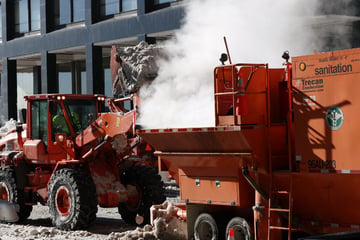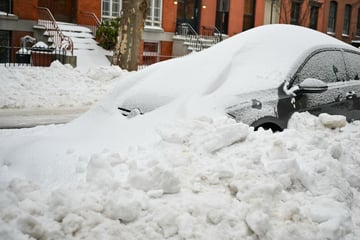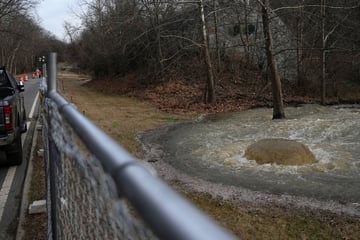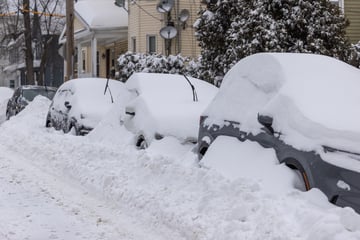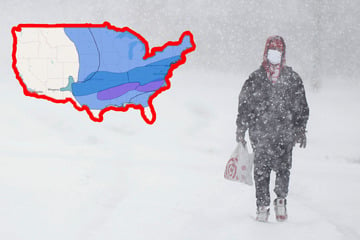Scientists warn of ecological collapse after record temperature spikes in Antarctica
Antarctica - After researchers on the east Antarctic plateau documented a record temperature jump on March 18, 2022, warning bells are being sounded about an impending ecological catastrophe.
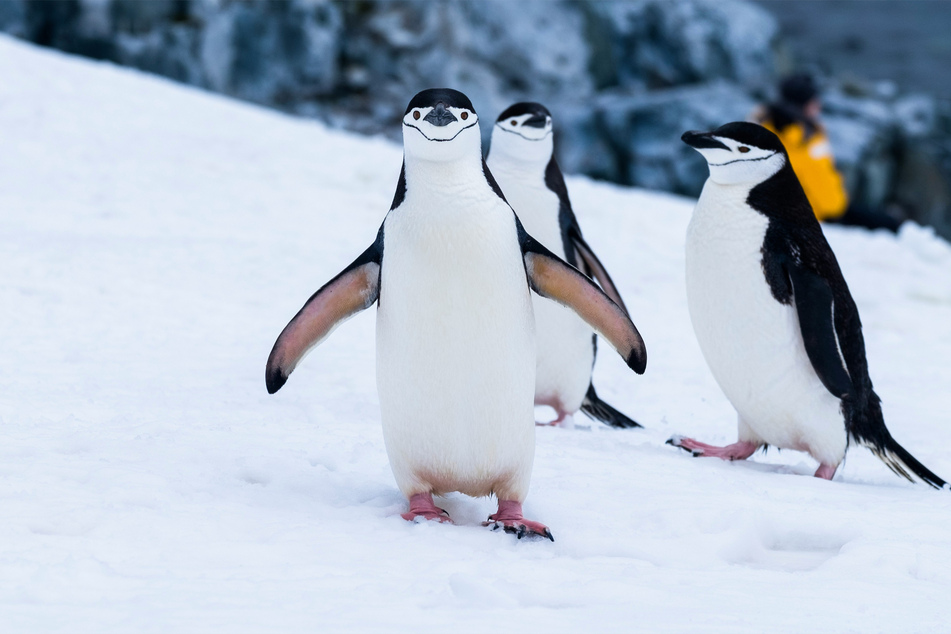
The Observer has revealed that on March 18, 2022, scientists at the Concordia research station in Antarctica measured the largest temperature jump ever recorded on Earth.
According to measurements made by polar researchers, the region experienced a temperature rise of 101°F above the region's seasonal average.
The figure set a new world record, and has frightened researchers like Michael Meredith, science leader at the British Antarctic Survey, who told the Observer that it was "simply mind-boggling."
"In sub-zero temperatures such a massive leap is tolerable but if we had a 40°C rise in the UK now that would take temperatures for a spring day to over 50°C – and that would be deadly for the population."
Changes in sea ice signal risk to Antarctic species
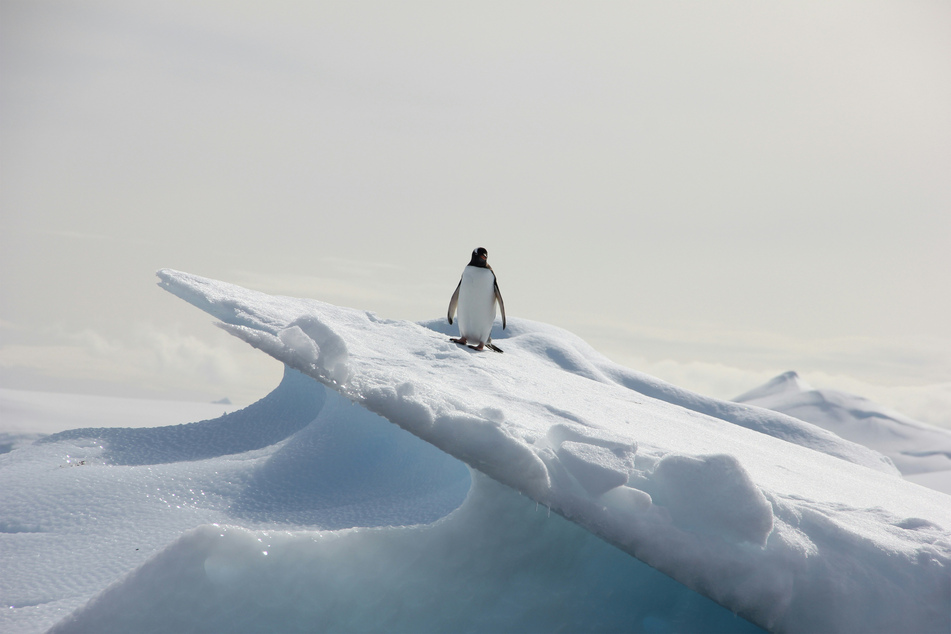
Scientists have long believed that the current average temperature rise attributed to global warming, which NASA currently puts at about 2.11°F, is not yet high enough to significantly impact Antarctica.
These predictions have now failed to prove accurate, with dramatic polar "heatwaves" hitting the continent, and record ice melts recorded over the last half-decade.
Will Hobbs warned of the extreme lows currently seen in Antarctic sea ice in a March 2024 paper for the Journal of Climate, saying that they indicate a "regime shift" and an "abrupt critical transition" in the region
Most eyes have been focused on the Arctic, which has until now been losing ice at a far brisker rate than Antarctica. This "regime change," however, means that species ecosystems in the region could soon be under critical threat.
Talking to the Observer, Professor Martin Siegert from the University of Exeter said that "Antarctic sea ice coverage actually increased slightly in the late 20th and early 21st century. However, in the middle of the last decade it fell off a cliff."
"It is a harbinger of the new ground with the Antarctic climate system, and that could be very troubling for the region and for the rest of the planet."
Cover photo: Unsplash/Derek Oyen



